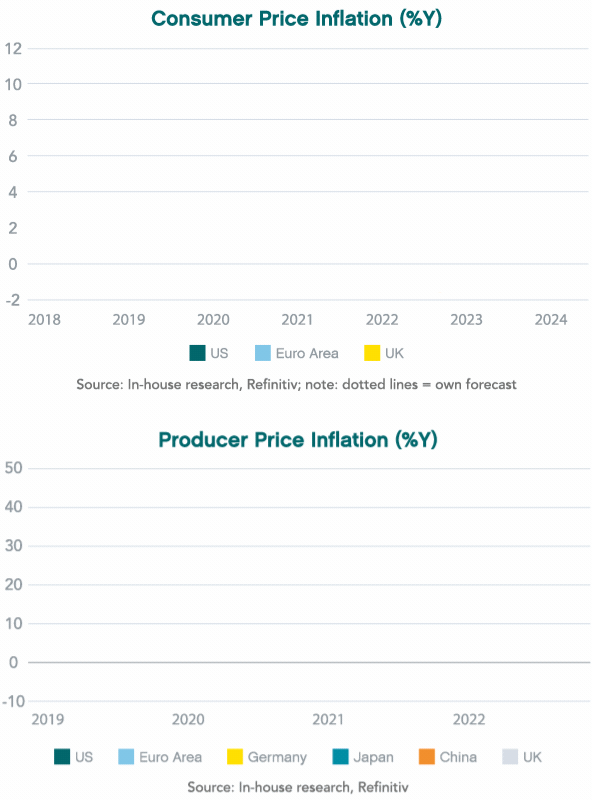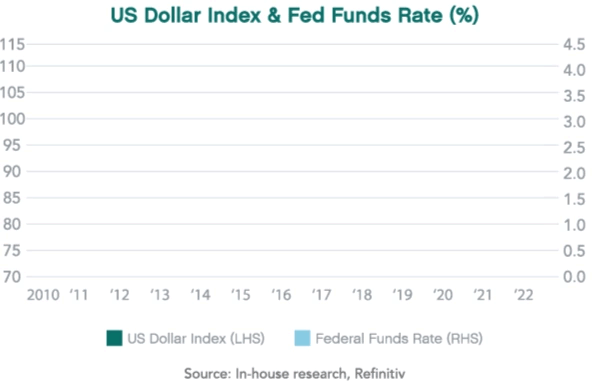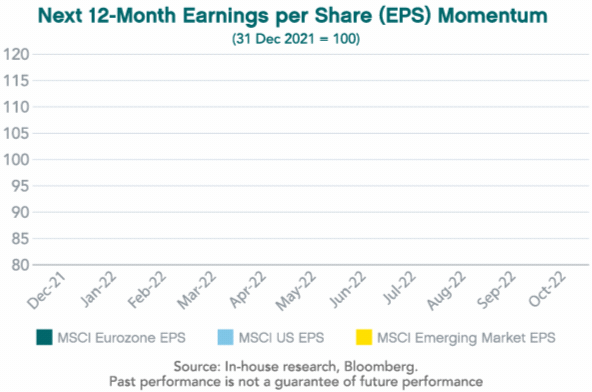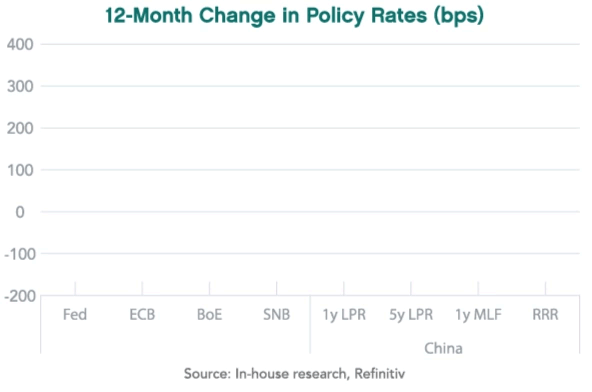-
Quintet Group
Choose your location
- Contact Us
Choose your location
Menu
-
What We Do
What We Do
In the complex world of wealth management, our approach is remarkably simple.

-
About Us
Get to know usWe’ve always believed that the first step to building wealth is building relationships.

-
Sustainability
- Sustainability
- Why sustainability matters
- Embracing sustainability in our practices
- Helping activate change with active ownership
- Our journey towards corporate sustainability
Sustainability mattersEnvironmental, social and governance (ESG) investing gives you more insight to make smarter investment choices and lets you support the causes you care about.
- Our People
-
Insights
.png?width=650&resizemode=force)
- My Brown Shipley






